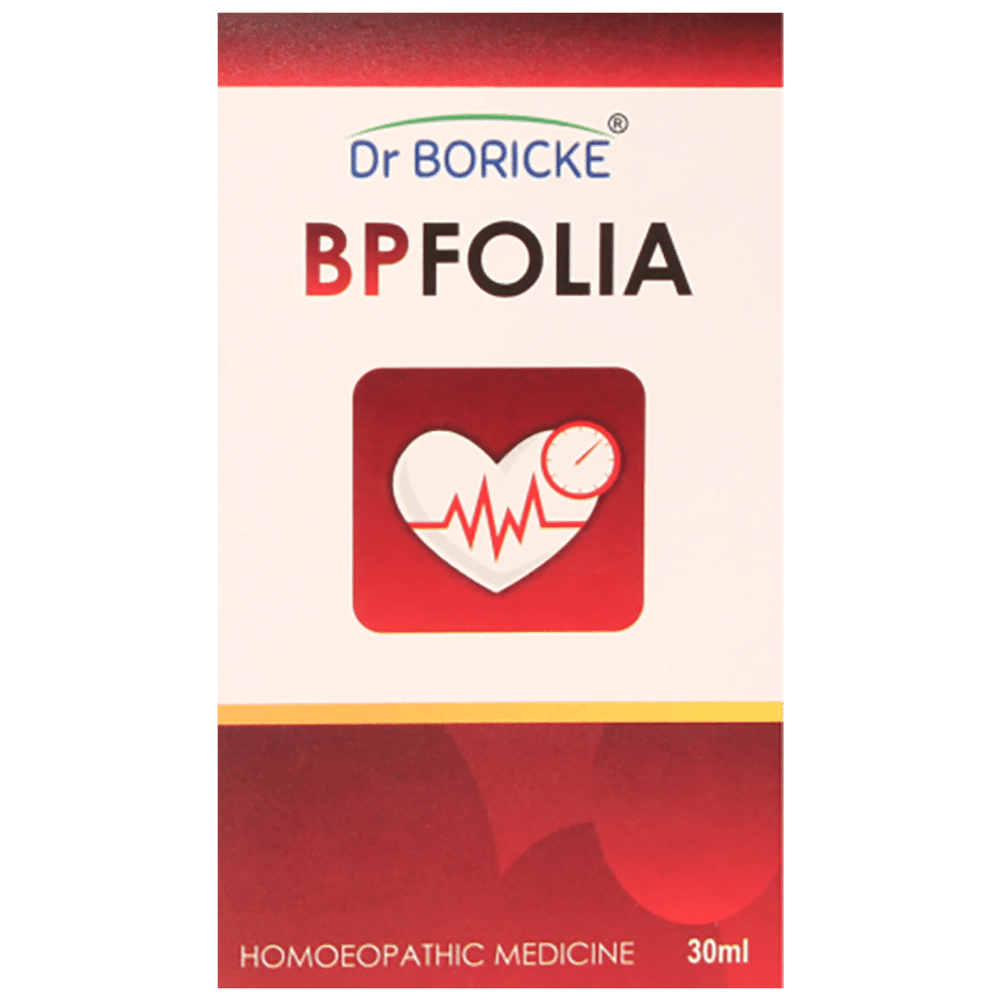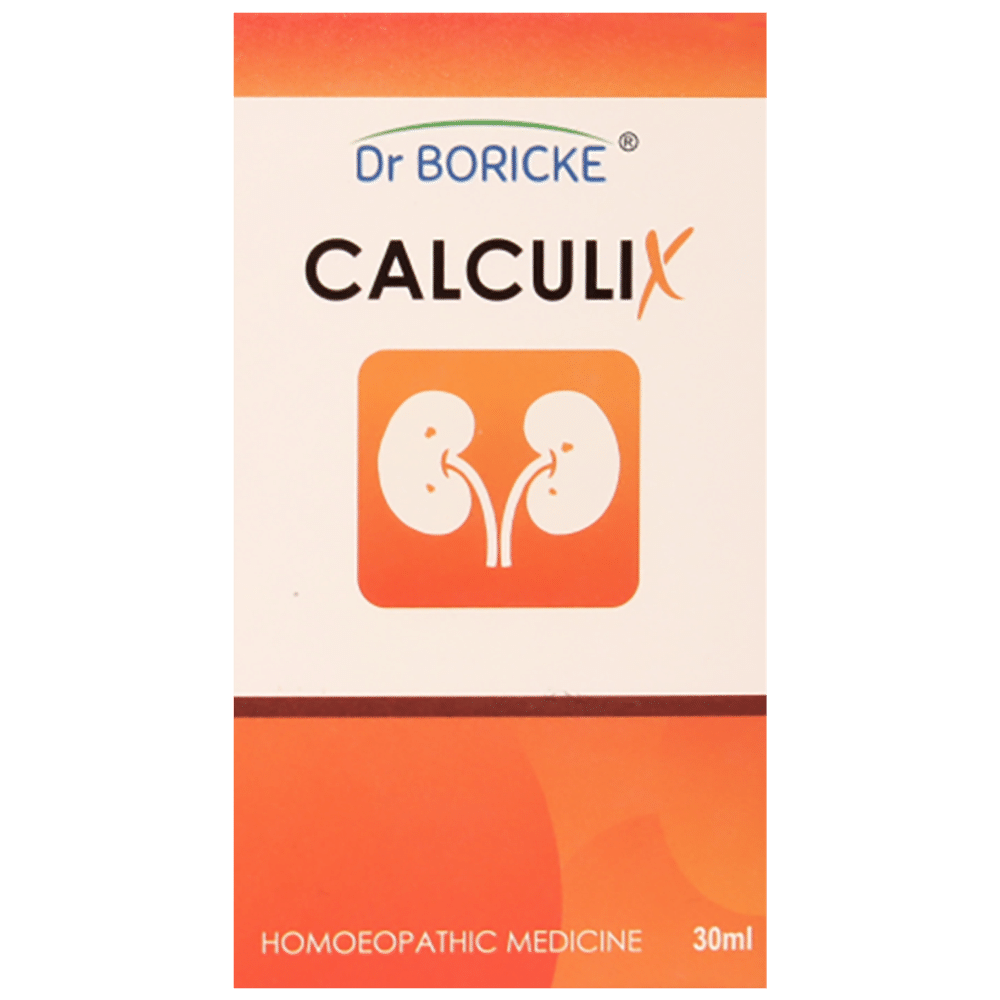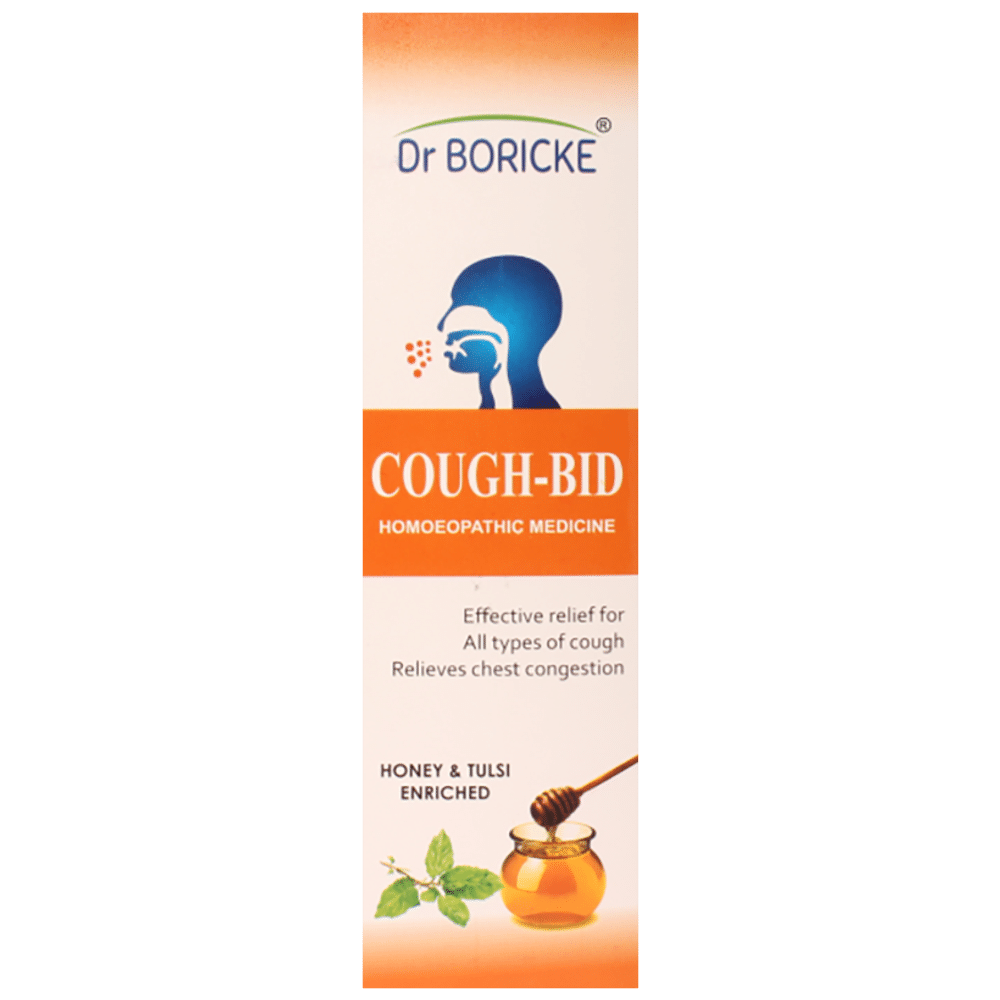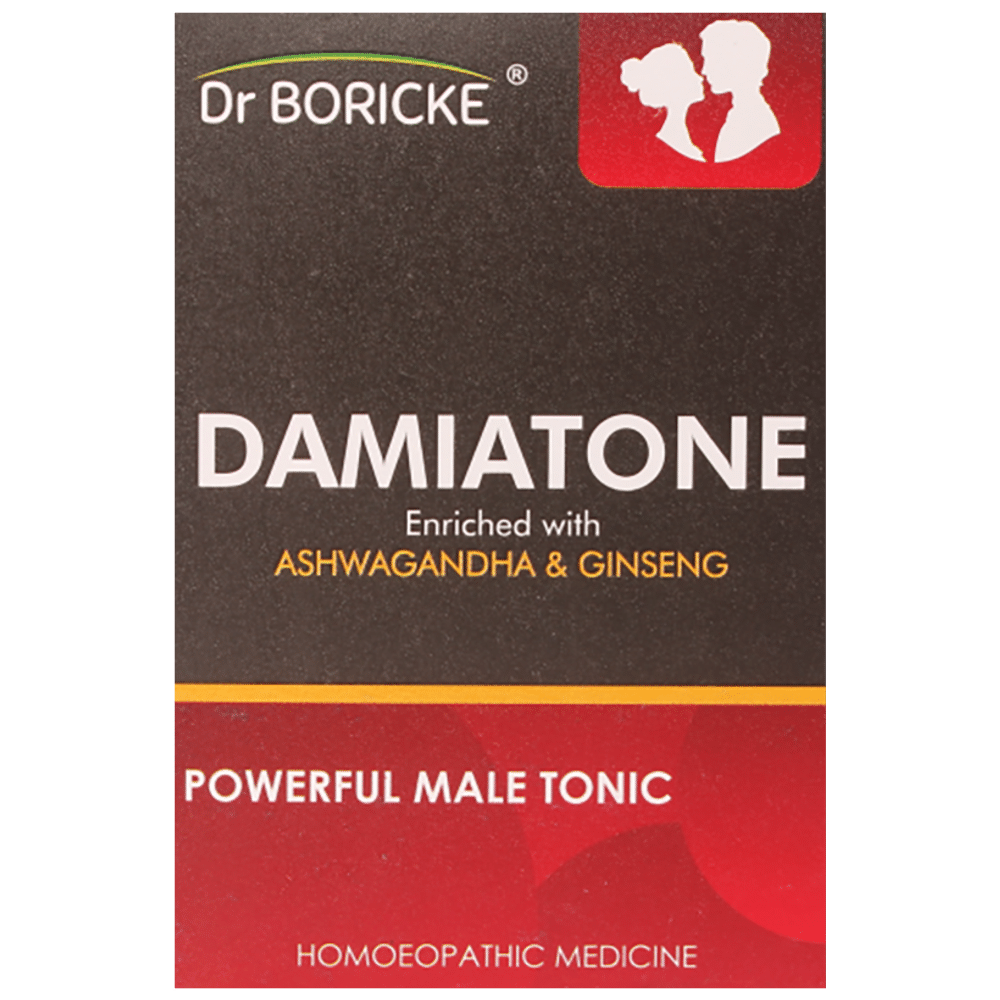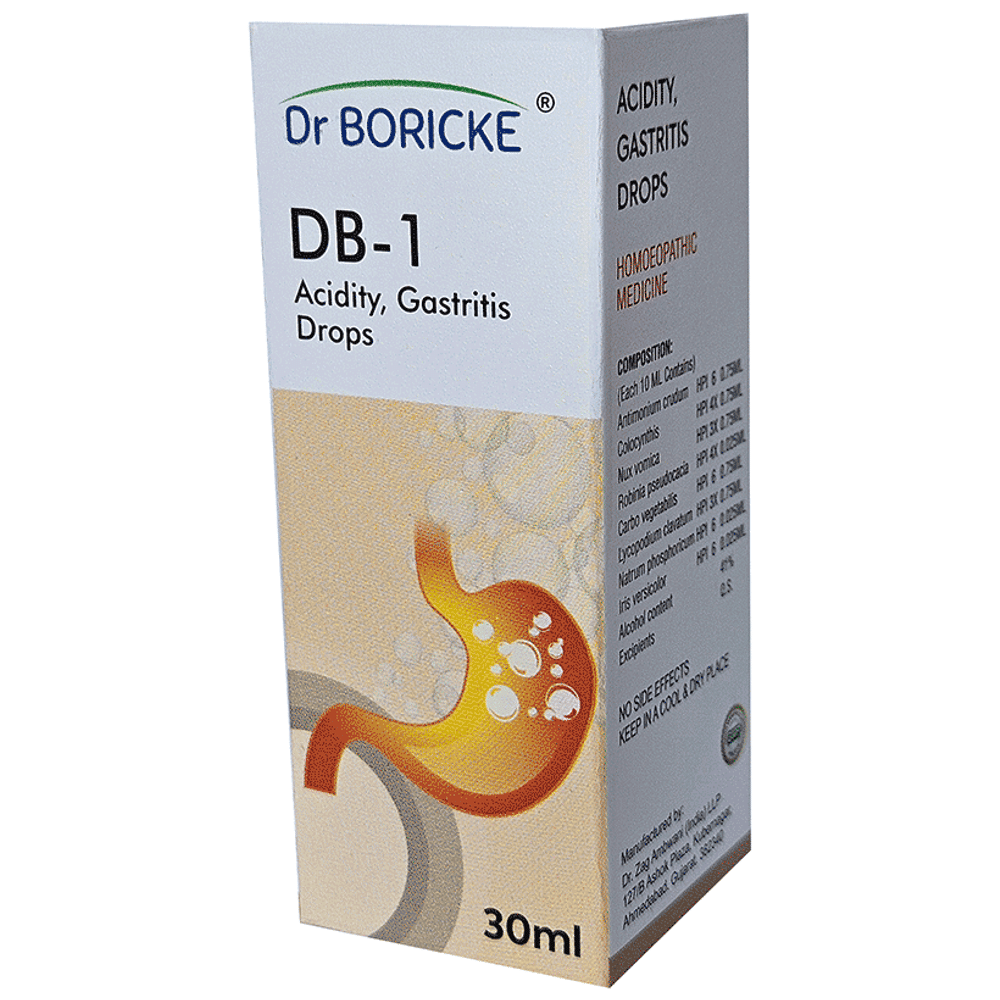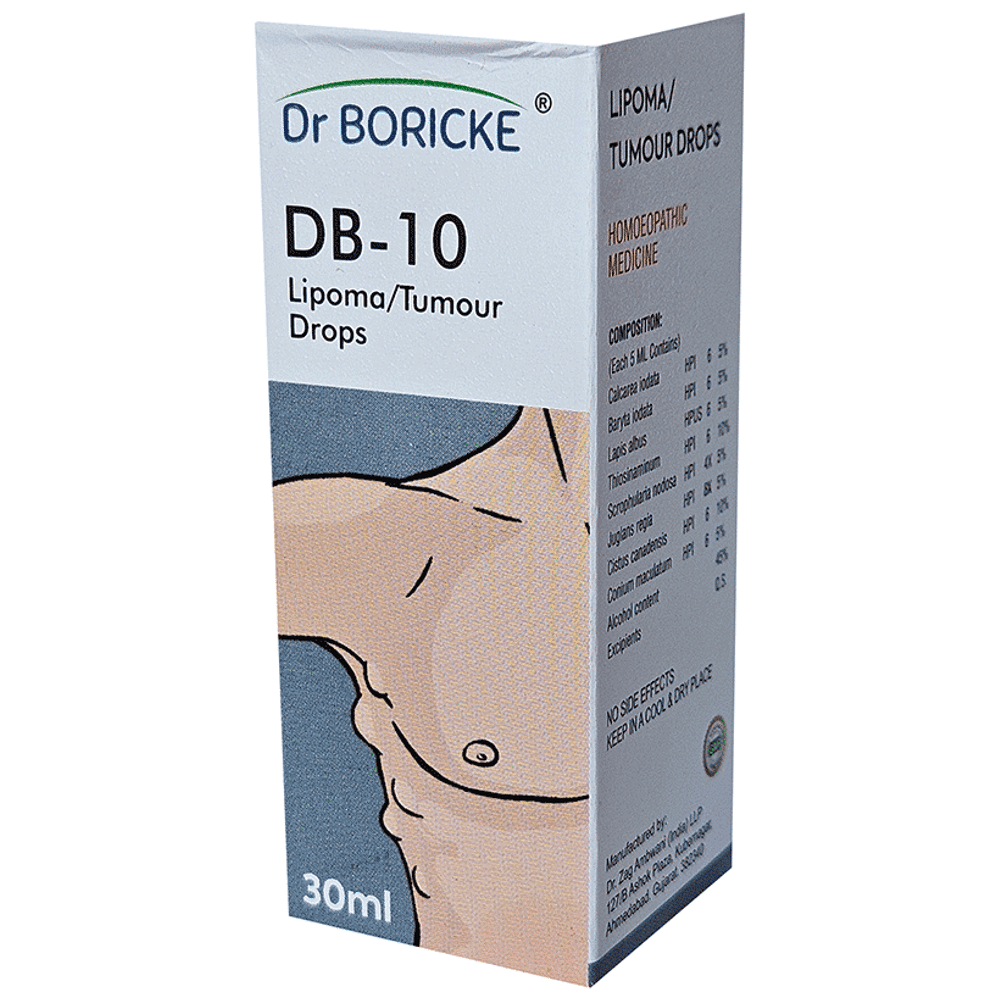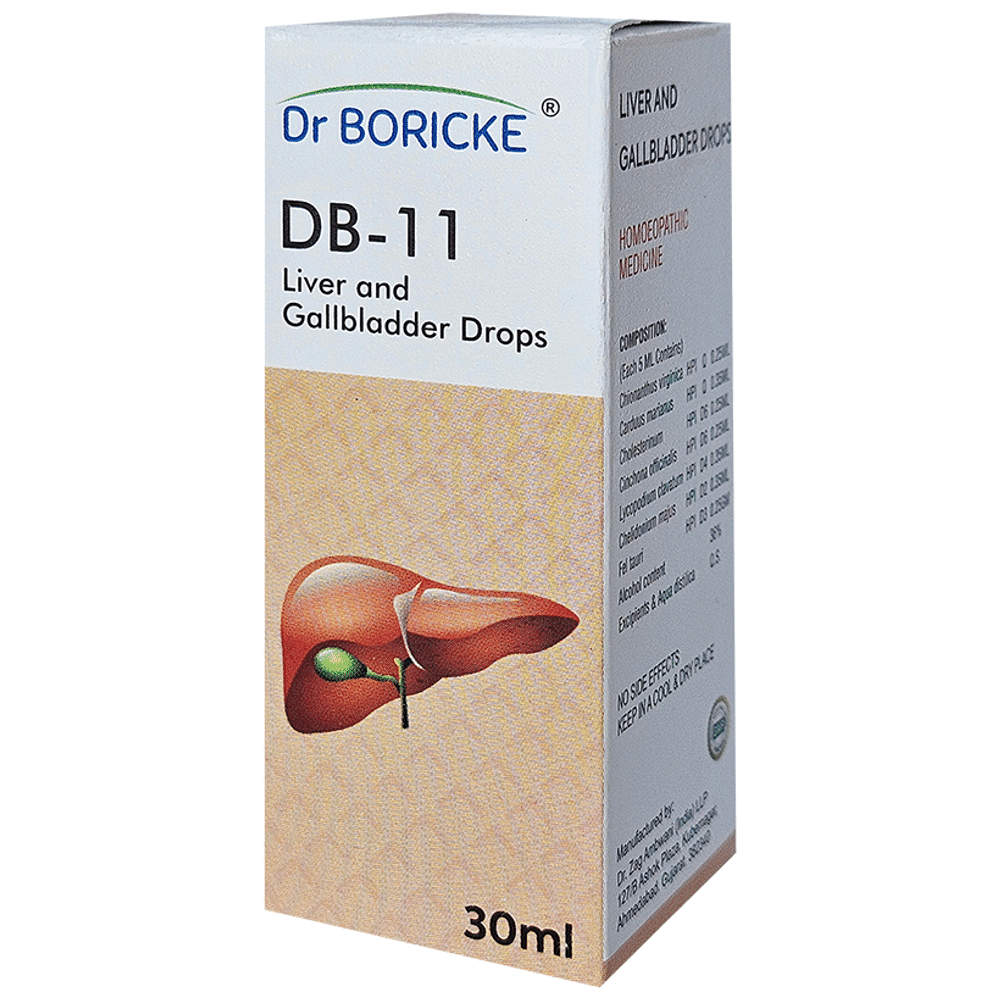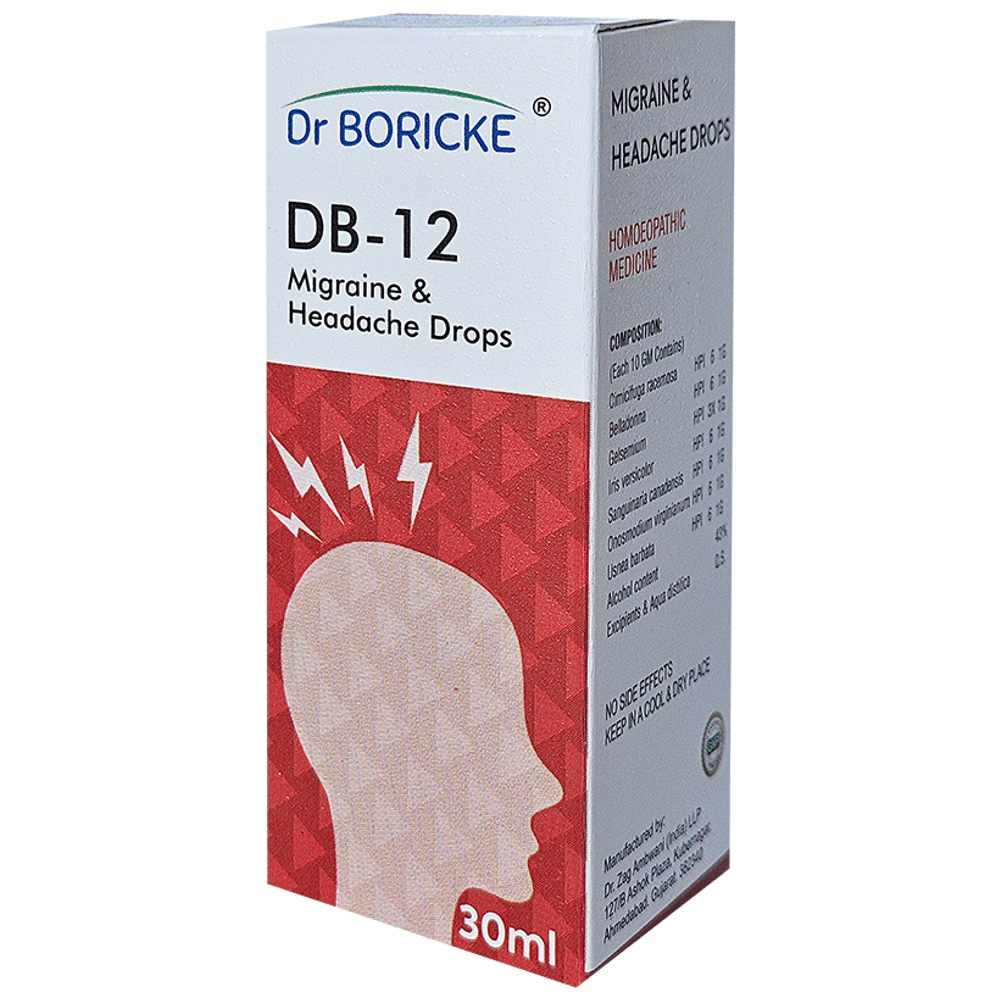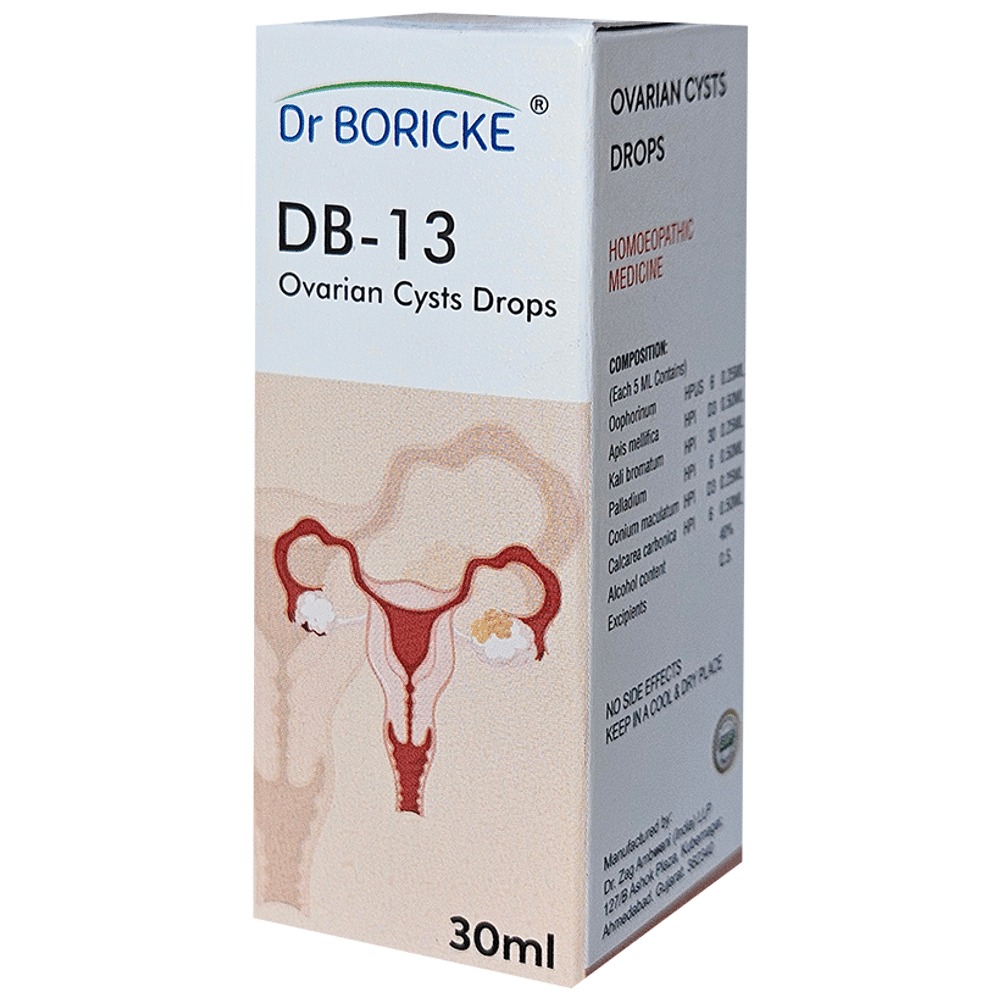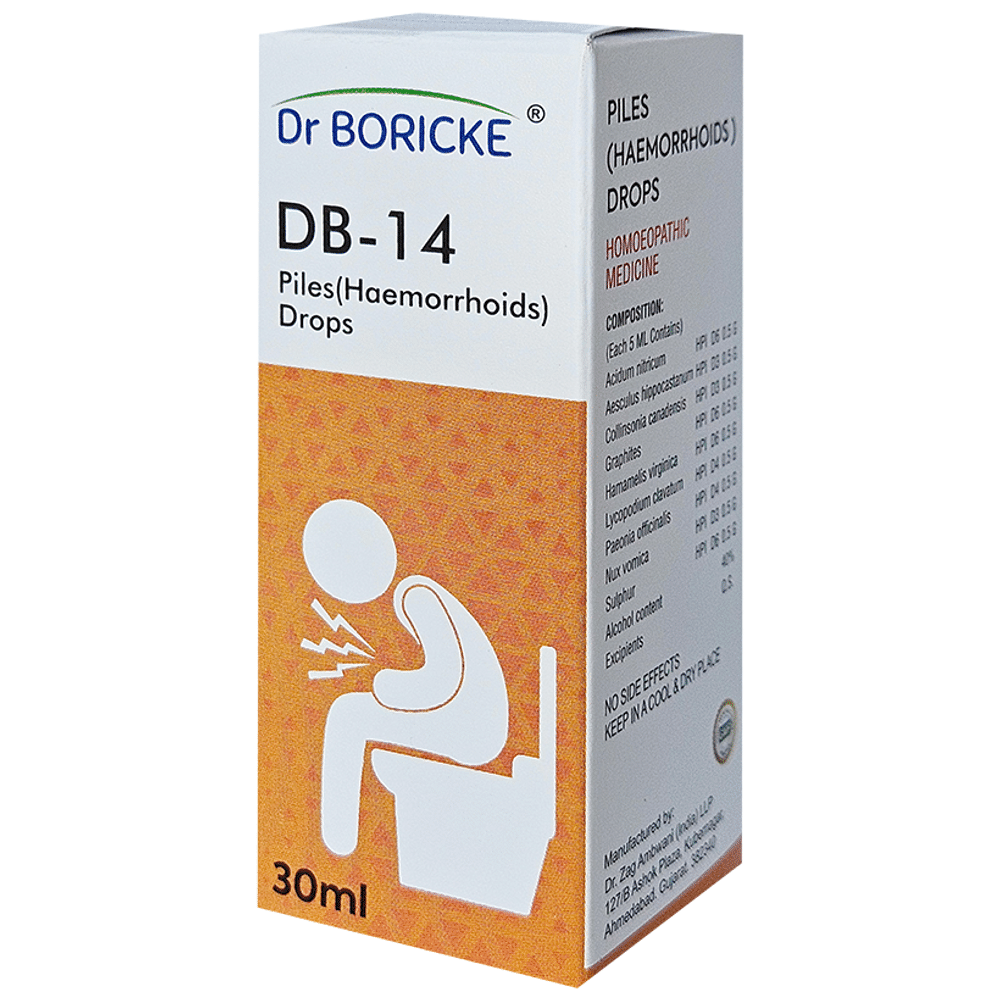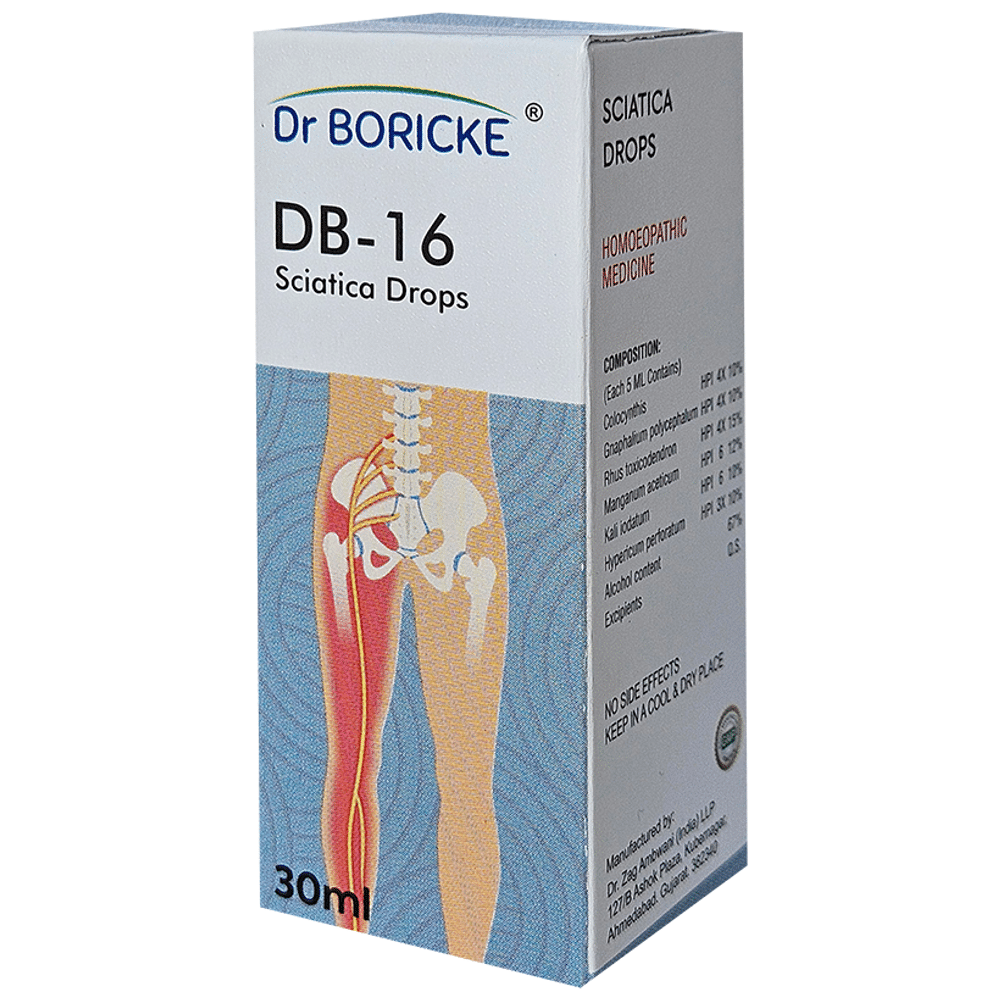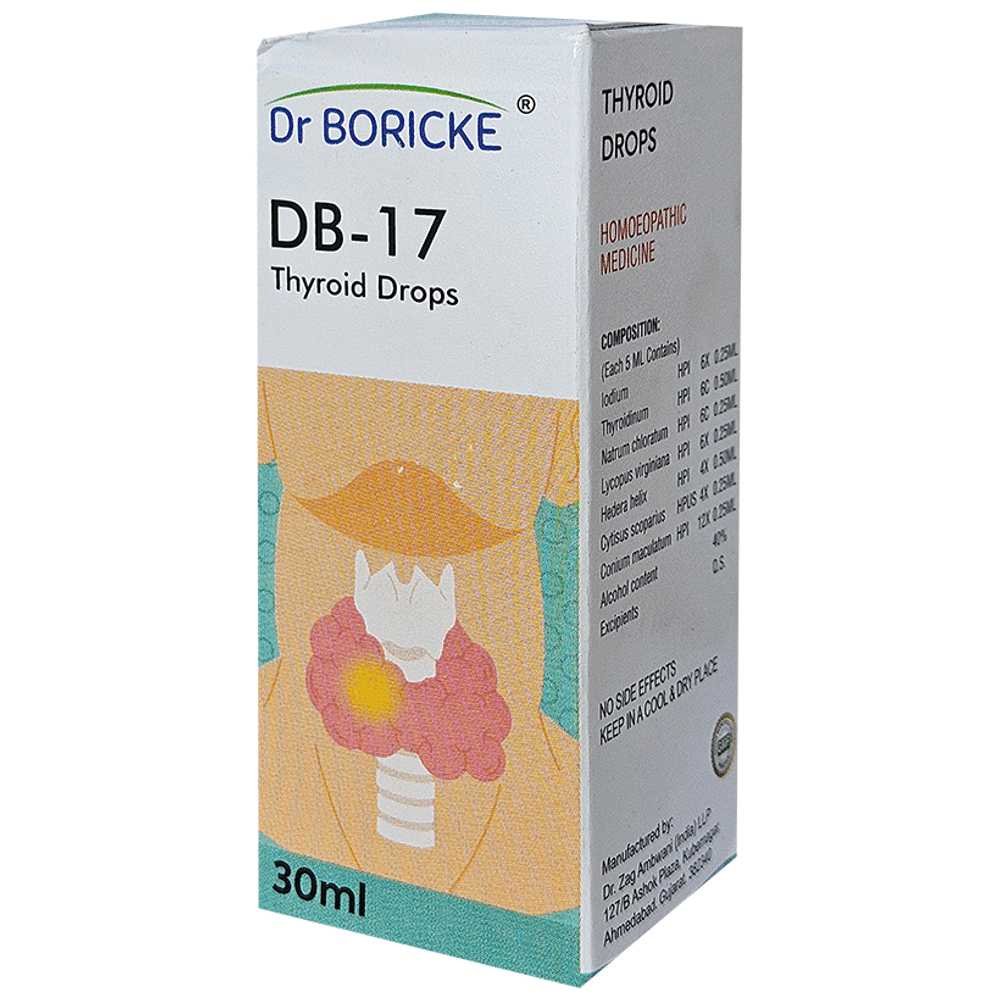
Food Poisoning Symptoms and Causes
Food poisoning is mostly caused by various kinds of bacteria. It can also result from times, by other germs as well. These germs or bacteria can enter your gut by eating or drinking the foods consumed. The germs and bacteria infiltrate our bodies and then release toxic substances that could cause diarrhea and nausea.
It's easy to misinterpret stomach flu with food poisoning because they share similar symptoms. However, they're caused by various viruses and bacteria. If you experience stomach cramps within a couple of hours of drinking or eating the water, it could be due to food poisoning. But stomach flu is contagious and typically occurs after a day or so of being exposed to norovirus. Read on to find out about the symptoms and the treatment in case of food poisoning. Homeopathic medicine for Food poisoning.
Signs and Symptoms of Food Poisoning
Food poisoning is often very painful. But, it's not life-threatening and usually goes away after two or three days. But, it is important to consult an experienced physician if your symptoms do not improve, or if you see bleeding in the stool. You may also you feel dehydrated.
If you notice some of the symptoms listed below within a couple of hours of eating a meal you could have food poisoning
- Nausea
- Stomach pains and cramps
- Vomiting
- Fever
- Diarrhea
- Sometimes, headaches and other weak points
In rare instances food poisoning may also cause you to feel dizzy and lead you to struggle to breathe. Your vision could also be blurred. If you notice any of these signs, seek medical attention immediately.
What Causes Food Poisoning?
It is possible that you are allergic to certain food items, like chicken or gluten. Unhygienic eating habits or food that is not properly prepared could also result in food poisoning. If you have chronic illnesses or have weak immunity is higher risk of suffering from food poisoning.
Common viruses and bacteria that can cause food poisoning are:
- The Salmonella This is one of the bacteria group that is found in raw meats and eggs that have not been cooked. It is also found in milk that has not been pasteurized and cheese.
- Clostridium Perfringens The type of bacteria that is found in chicken and beef. It can be found in restaurants and cafeterias where a huge amount of food items are cooked.
- Campylobacter These are present in raw poultry, raw milk that is not pasteurized, and sometimes in water.
- E. Coli: It can be found in animal feces as well as in sewage. Beware of food that has been cooked poorly and is cooked using water that comes from unidentified sources.
What to Do If You Have Food Poisoning?
The first thing to focus on the health of your body. If you're suffering from symptoms that suggest food poisoning be sure you are
- Take a good night's sleep. Now is the best time to rest as long that you are able to.
- Drink lots of fluids and drinks to keep well-hydrated. Avoid milk and caffeine. Instead take electrolytes, ORS and drink it.
- Avoid eating solid food, which includes dairy products.
- Do not take any prescription medication without consulting your physician since it may cause more discomfort.
Tips to Prevent Food Poisoning
- Do not drink the water that is which is used to grow fruit or vegetables, as it could be contaminated by animal and human feces.
- Avoid eating raw meat and poultry products that could be affected by the process of shipping or processing.
- Don't eat anything that is exposed for too long, because it may be infected with bacteria and other bacteria.
- Avoid eating unwashed fruits and vegetables. Food handlers could also be contaminating food items in the event that they fail to ensure hygiene when preparing the food.

